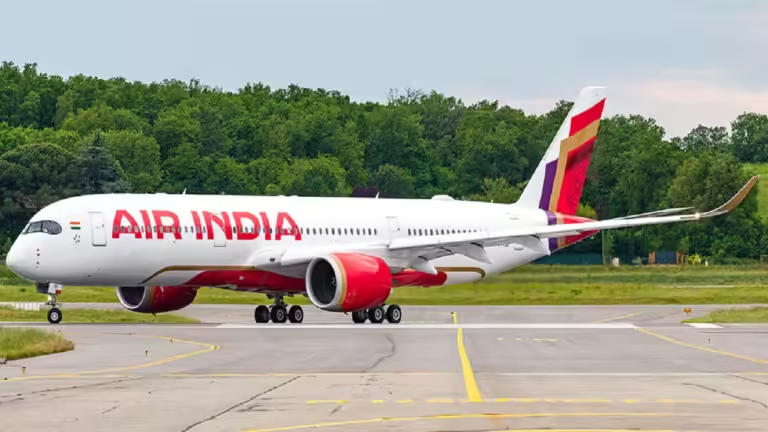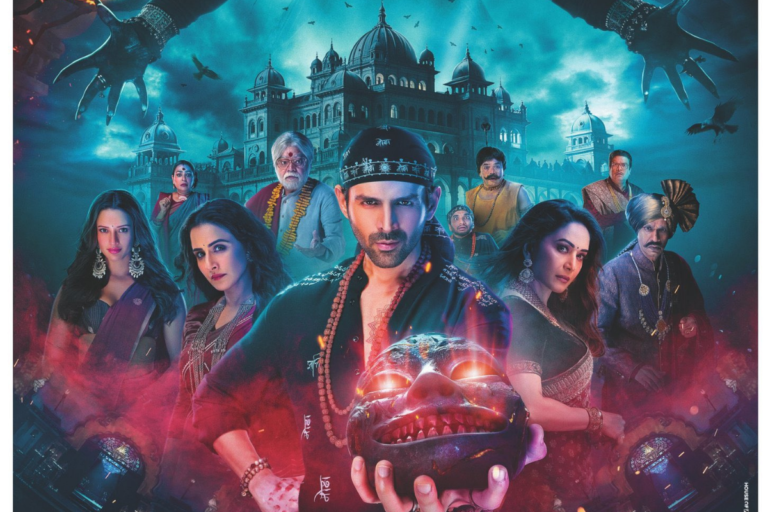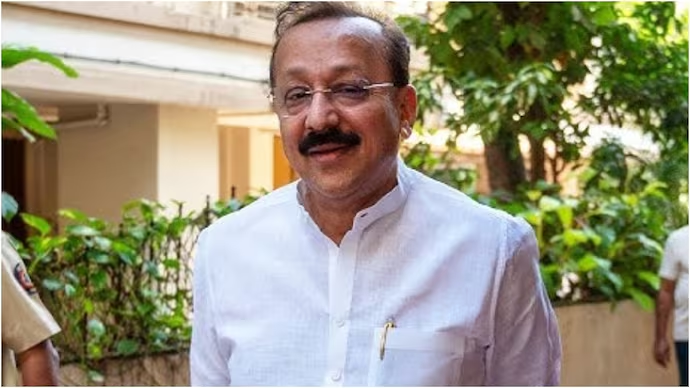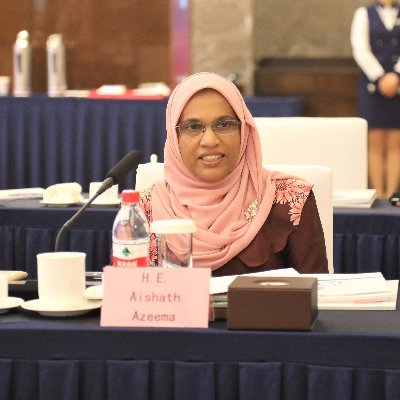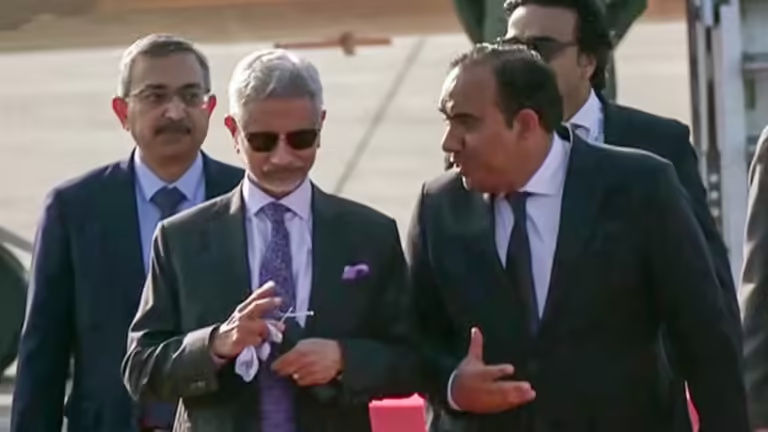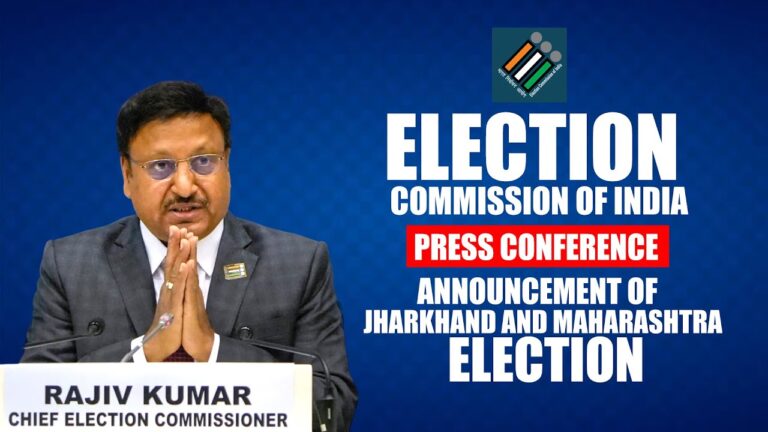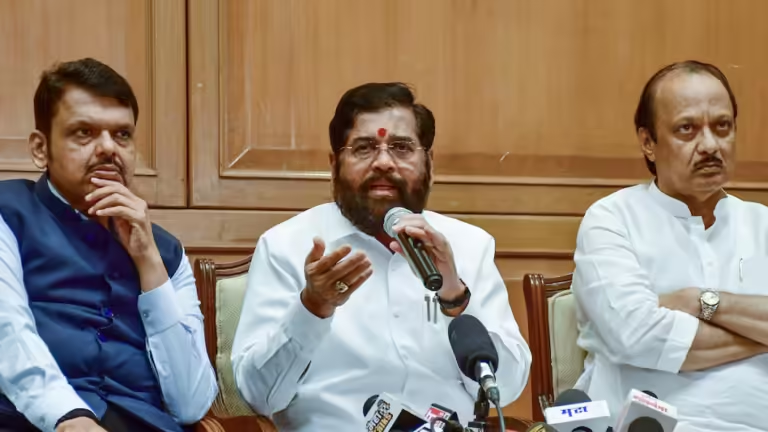Nagpur: The “One Nation, One Election” proposal, driven by the Bharatiya Janata Party (BJP) led union Government has gained renewed attention amidst the recent electoral cycles in Karnataka, Jammu and Kashmir, Haryana, and the upcoming elections in Maharashtra and Bihar. This initiative, which seeks to synchronize elections for the Lok Sabha, State Legislative Assemblies, and local bodies across India, has been framed as a solution to the burdensome frequency of elections. However, with the political landscape across various states undergoing significant change, the centralization of power through simultaneous elections has raised concerns about its impact on state autonomy and federalism.
Timeline and Recent Developments
- 2014: The BJP first introduced the idea of One Nation, One Election in its election manifesto, promoting it as a governance reform to streamline the electoral process.
- 2017: The NITI Aayog backed the proposal, emphasizing the potential to reduce election-related costs and minimize administrative disruptions.
- 2018: The Law Commission of India examined the proposal and recognized the potential benefits, while also highlighting the need for constitutional amendments and political consensus.
- 2023: A high-level committee led by former President Ram Nath Kovind was formed to assess the feasibility of the proposal. The committee’s recommendations have been critical in advancing the proposal.
- September 18, 2024: The Union Cabinet formally accepted the recommendations of the high-level committee, signaling the government’s intent to move forward with the constitutional amendments required for implementing One Nation, One Election
Recent Elections and State-Level Autonomy
The Karnataka Assembly Elections in May 2023 resulted in a significant shift in power, with the Congress party defeating the BJP and forming the government. Similarly, Jammu and Kashmir held its long-awaited elections, marking a critical moment in the region’s political history. In Haryana, elections have brought regional parties to the fore, emphasizing the importance of state-level politics. With Maharashtra and Bihar elections on the horizon, the proposal for synchronized elections raises important questions about the future of these states’ electoral autonomy.
Impact on State-Level Issues
The One Nation, One Election proposal could dilute the focus on state-specific issues that have defined recent electoral contests. In Karnataka, for example, the election was dominated by local concerns such as unemployment, infrastructure, and the impact of government schemes. Regional issues in Jammu and Kashmir, such as the political status of the region post-Article 370 and demands for greater autonomy, shaped the electoral outcome. In Haryana, caste dynamics and agricultural policies played a pivotal role in determining voter preferences.
Under a unified election cycle, the dominance of national issues would likely overshadow these state-specific concerns. National parties like the BJP and Congress would dominate the narrative, leaving less room for regional parties to advocate for local issues. This shift could undermine the relevance of state elections, as national concerns such as defense, foreign policy, and national security would overshadow local governance matters
Fate of Upcoming Elections in Maharashtra and Bihar
The Maharashtra and Bihar elections, slated to be announced soon, will be critical tests of how state-level issues resonate with voters. Maharashtra’s political landscape is shaped by the regional dynamics of parties such as the Shiv Sena and the Nationalist Congress Party (NCP), which thrive on state-specific issues such as regional development, the agricultural crisis, and local infrastructure needs. Similarly, Bihar’s political framework revolves around caste dynamics, regional disparities, and socio-economic concerns.
If One Nation, One Election were implemented, elections in Maharashtra and Bihar would be synchronized with the Lok Sabha elections, shifting the political focus to national-level debates and concerns. This synchronization could reduce the ability of regional parties to advocate for local governance and development, limiting their influence over state policy. The proposal, therefore, risks marginalizing regional parties, which play a crucial role in representing the unique concerns of their constituencies.
Centralization of Power: A Federalism Dilemma
At the core of the opposition to One Nation, One Election lies the concern that the proposal could shift the balance of power significantly toward the Union government, undermining the federal structure guaranteed by the Constitution of India. India’s federalism is designed to balance power between the Union and States, allowing both to function with considerable autonomy. The implementation of simultaneous elections, however, threatens to disrupt this delicate balance.
Nationalization of Electoral Discourse
A critical issue raised by critics is the potential nationalization of electoral discourse. Under the current system, state elections are centered around local issues such as infrastructure development, education, agricultural policies, and regional identities. Regional parties, which often thrive on state-specific concerns, play a crucial role in representing these local interests. However, in a synchronized electoral framework, national issues are expected to dominate the campaign discourse, potentially diluting the relevance of state-level concerns. This could marginalize regional voices and weaken the representation of state-specific issues in governance
Marginalization of Regional Parties
State-level political parties, such as the Trinamool Congress (TMC) in West Bengal, the DMK in Tamil Nadu, and the Shiv Sena in Maharashtra, have traditionally served as champions of regional concerns. The One Nation, One Election proposal, by synchronizing state and national elections, risks marginalizing these regional parties. In a unified election cycle, national parties like the BJP and Congress would likely dominate the discourse, leaving less space for regional parties to advocate for their local constituencies. This would reduce the political diversity that has been a hallmark of India’s democracy
Erosion of Federalism
India’s federal system provides states with the autonomy to manage their political and governance structures independently. The One Nation, One Election proposal threatens this autonomy by synchronizing the election cycles of states with that of the central government. Critics argue that this would make state governments subservient to the Union, as the political narrative would increasingly be dictated by national issues rather than state-level governance. The synchronization of elections would also reduce the flexibility of states to dissolve their assemblies or hold elections based on local political dynamics
Constitutional Amendments and Federalism
For One Nation, One Election to be implemented, several key constitutional amendments are required, particularly to Articles 83, 172, 174, and 356. These amendments would fundamentally alter the balance of power between the Union and the States, reducing the autonomy of state governments to manage their own political schedules and governance priorities.
- Article 83: Governs the tenure of the Lok Sabha, currently fixed at five years unless dissolved earlier. To align the Lok Sabha’s term with those of the State Assemblies, Article 83 would need to be amended. This would restrict the flexibility to dissolve Parliament in response to political crises, tying the central government’s electoral timeline to that of the states
- Article 172: Defines the tenure of State Legislative Assemblies, also set at five years. Amending Article 172 would synchronize state elections with national elections, effectively removing the states’ ability to hold independent elections based on local political conditions
- Article 174: Deals with the summoning and dissolution of state legislatures by the Governor. The proposed amendments to Article 174 would prevent state assemblies from being dissolved independently, aligning their political calendar with the national elections and reducing the autonomy of state governments
- Article 356: Commonly known as the President’s Rule provision, Article 356 allows the central government to dissolve a state government in the event of a constitutional breakdown. To ensure electoral synchronization, this article would likely be amended to prevent early dissolution of state assemblies. This could increase the central government’s ability to impose President’s Rule, raising concerns about potential misuse of power
Legal and Political Implications
The One Nation, One Election proposal is not just an administrative reform but a constitutional shift with far-reaching implications for India’s democracy. The recent elections in Karnataka, Jammu and Kashmir, and Haryana, along with the upcoming contests in Maharashtra and Bihar, highlight the importance of state-level autonomy in addressing regional issues and governance needs.
- Electoral Advantage for National Parties: In a synchronized election, national parties—especially those in power—would have a distinct advantage. The BJP, with its strong national presence and resources, would be well-positioned to dominate both state and national elections, leaving little space for regional parties to advocate for local issues
- Diminished Role of State Governments: By aligning state elections with national elections, the proposal risks reducing the autonomy of state governments. Regional parties would lose the ability to influence governance based on local concerns, as the political narrative would be dominated by national issues. This shift would weaken the federal structure of India’s democracy
Conclusion
The “One Nation, One Election” proposal, accepted by the Union Cabinet in September 2024, comes at a time when several key states—including Karnataka, Jammu and Kashmir, Haryana, Maharashtra, and Bihar—are in the midst of significant political changes. While the proposal offers potential benefits such as cost savings and streamlined governance, its implementation could fundamentally alter the balance of power between the Union and the states.
The required constitutional amendments to Articles 83, 172, 174, and 356 would significantly reduce the political autonomy of state governments, making them more dependent on the Union government’s electoral schedule. This centralization of power threatens to marginalize regional parties and dilute the importance of state-specific issues in electoral contests.
As India’s political landscape continues to evolve, the fate of One Nation, One Election remains uncertain. However, its potential to reshape India’s democracy—by consolidating power at the Union level and reducing the independence of state governments—makes it one of the most contentious and transformative political reforms in modern Indian history. The debate surrounding this proposal will undoubtedly intensify as the country prepares for the next rounds of state and national elections.
(The views expressed in this article are solely those of the author and do not necessarily represent the official stance of Channel 6 Network)

